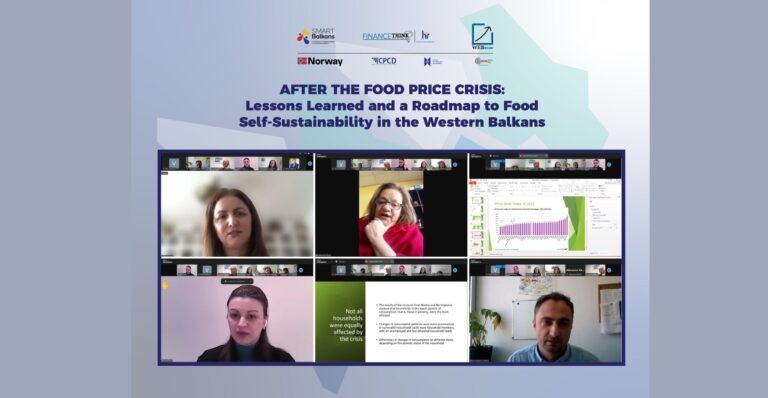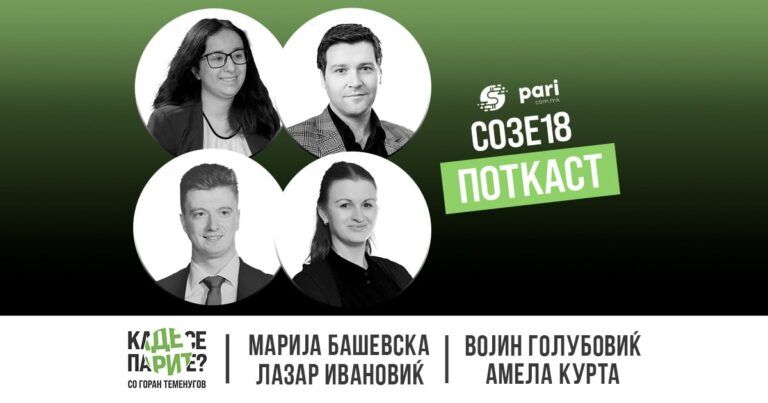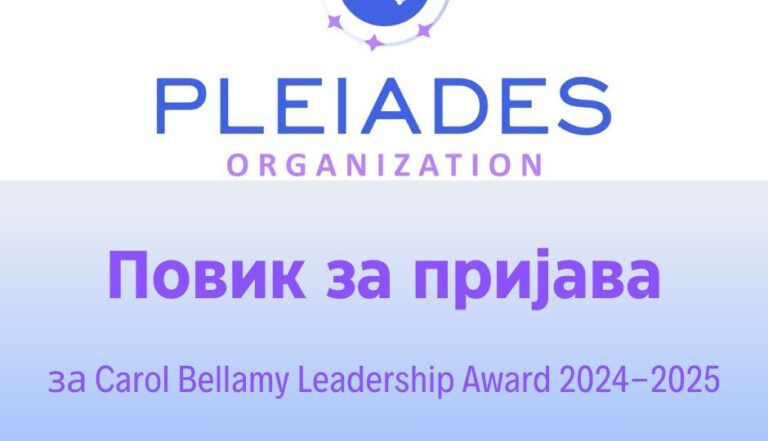ACRID Network
“ACRID Network” is a private initiative, independent, non-partisan, non-political, international network, with strong focus, expertise and interest in Science, Innovations, Research and Development and have 4 sectors of members: Private,
Academic,
Public and
Experts.Concept and PurposeACRID means Associated Candidate Countries Research, Innovation and Development Network. ACRID is a private professional network focusing to support and improve the R&D+I in the accession and negotiation process to EU by the Horizon Europe Associated and Candidate Countries as Albania, Bosnia and Herzegovina, Georgia, Macedonia, Montenegro, Moldova, Serbia, Switzerland, Turkey, Ukraine, including *Kosovo, with opportunities to include other EU programmes Associate countries and third countries.ACRID is focusing on improving the Research, Innovation and Development Capacity of EU Associated Candidate Countries. With aim of promoting EU values and EU financial instruments from the MFF 2021-2027, fully aligning with EU values on EU Green Deal, Digitalization, Education, Innovation, Climate, Health, Environment, Energy and Agriculture.ACRID Network is bringing together, connecting and offering project disseminating activities to more than 42 Mill citizens in EU Associated Countries. This is very important for young population, researchers, project results dissemination, and impact in EU projects, bringing additional value and know-how shearing among citizens and institutions.ACRID Network capacity in numbers until (Q1)2023:ACRID Network – 10 Countries from (EU Candidate AL,BiH,NMK,MNG,RS,TR,ML,GE,UA)ACRID Network – 150 million Market Economy – Population (EU=446,8) = 33,7% of EUACRID Network – 42 mill Citizens, Direct Dissemination of the Project ResultsACRID Network – 947,5 Billion GDPACRID Network – 8,049 euro average GDP per capitaACRID Network – 8,5% average GDP GrowthACRID Network – 141 Billions Gov BudgetACRID Network – 1,410 Mill (1%) for R&D from Gov Budget (2,5%=3,520 Mill euro)ACRID Network – 450 Mill euro Horizon 2020 Projects 2014-2020ACRID Network – 144 ExpertsACRID Network members by the end of 2022 are coming from the cities and regions with population as: (20mill)-Istanbul, (1,5mill)-Canakkale with Balikesir, and (10mill)-Aydin with Izmir and with Konya regions, and (1,2Mill)-Skopje, Ohrid, Negotino, Gevgelija, Kumanovo, Tetovo, then (1Mill)-Tirana, and (1Mill)-Prishtina region, (0,5Mill)-Podgorica, (1,4Mill)-Sarajevo, Banja Luka, Zenica, Tuzla, Mostar, Bihać, (2,4Mill)-Belgrade, Novi Sad, Nis, Vranje.ACRID Network is bringing together project applicants from countries with 172,6 mill people market as total number of citizens. (Turkey 88mill, Macedonia 2,4mill, Albania 3,2mill, Moldova 2,59 Mill, Montenegro 0,8Mill, Bosnia and Herzegovina 3,8mill, Georgia 3,71Mill, Serbia 8.2mill, Israel 9,6Mill, Tunisia 12,3Mill, Ukraine 38Mill and *Kosovo2.2Mill)Total of 150 million Market EconomyACRID Network is connecting with partners from more than 18 EU Member States (EU Member States) partners from: Bulgaria, Greece, Portugal, Spain, Italy, Slovenia, Croatia, Hungary, Slovakia, Czech Republic, Italy, France, Germany, Nederland, Sweden, Poland, Romania, Lithuania, and additional partners from 4 international countries (+USA, Japan, Indonesia & Malaysia)and partners from 15 African Countries: Ghana, Nigeria, Kenya, Zimbabwe, Tanzania, Zambia, Mozambique, South Africa, Congo, Seychelles, Botswana, Rwanda and north Africa countries Morocco and Egypt.VisionACRID Network aims to be the best and different R+I&D Network in South East Europe and Associated Candidate Countries with impact in Academic and Private Sector, bringing educational, entrepreneurial and business opportunities for employment, networking and know-how transfer to young population, academic, private and public sector.MissionTo improve the Innovation Capacity, Innovation Index and R&D capacity in the EU Associated Candidate Countries. Networking the best researchers and experts from Academic and Private Sector, collaborating to improve the Education, R+I&D, Entrepreneurship and Startup ecosystems, Investors and Policy makers decisions, in EU Associated Candidate Countries and focus on Western Balkan Region.











